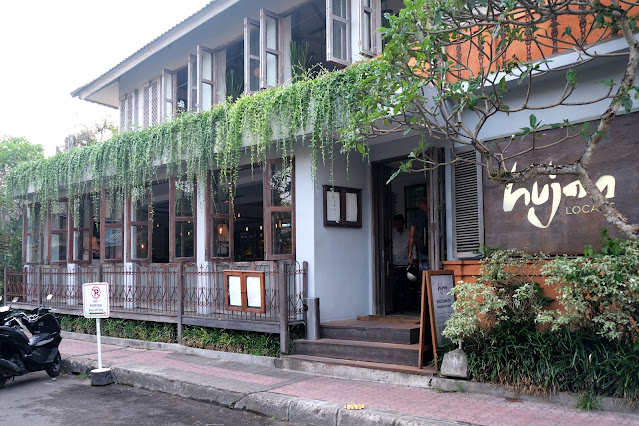Beijing 2009 - The National Aquatic Centre
The National Aquatic Centre is commonly known as The Water Cube. Designed by Australian firm PTW Architects in conjunction with China Construction Design International (CCDI) of Shanghai, the concept is quite daring and innovative. The simple cubic form is clad entirely in a plastic material which is supposedly developed by NASA for space use. The plastic bubbles which cover the building are actually “pillows”, they are double-sided with an air-pocket in between, kept inflated with an internal ventilation system.
The most interesting feature of the building was of course the plastic bubbles. Outside the building, you can’t miss it, as the building looks really surreal with this wrapping which look like gigantic soap bubbles. Once you are inside, however, the effect is lost as you see more of the massive structures holding up the entire building. Up-close, the plastic also looks a bit worn-out and cheap. Maybe the internal plastic and the external covering is different ? I don’t really know.
Inside the main swimming hall.
The night view is even more interesting as the whole building is lighted up from inside.
















Comments